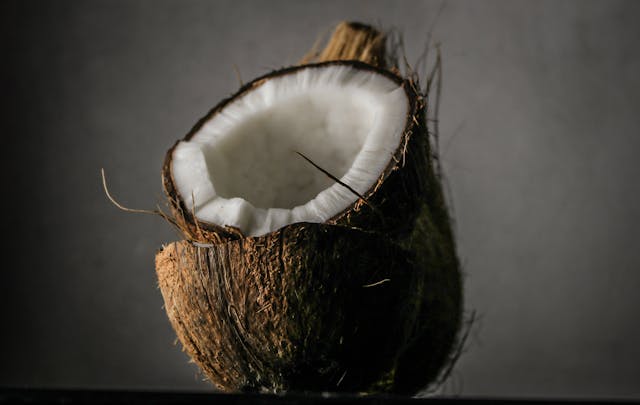Commonly celebrated for its hydrating properties, coconut water may provide benefits that extend beyond simple refreshment on a hot day.
Recent research suggests that daily consumption of coconut water could potentially help achieve clinical remission in individuals with mild to moderate ulcerative colitis (UC). In a study spanning eight weeks, 49 participants consumed coconut water while another 46 participants drank a placebo. Both groups continued their regular UC medications and did not alter their diets. At the end of the study, 53% of the participants who drank coconut water reported well-controlled symptoms and low disease activity, compared to just 28% in the placebo group.
Edwina Clark, MS, RD, a registered dietitian not involved in the study, commented, “Coconut water should not be seen as a standalone treatment for ulcerative colitis, but it could be a beneficial addition to standard care for mild to moderate UC, and it carries minimal risk.”
Ulcerative colitis is a type of inflammatory bowel disease (IBD) that causes inflammation and swelling in the large intestine, leading to symptoms such as abdominal pain, frequent and urgent bowel movements, bloody stools, and fatigue. While the precise cause of UC is still unclear, it is believed to involve an inappropriate immune response that targets the digestive tract.
What is Ulcerative Colitis? Causes, Symptoms, and Management
Achieving remission is a major goal for those with UC, as it can lead to improved quality of life and decrease the risk of colon cancer and other complications related to long-term inflammation.
Clark noted that the effectiveness of coconut water for patients with severe UC or those on steroids remains uncertain since the study focused solely on those with mild to moderate symptoms.
“Treating ulcerative colitis can be complex and depends significantly on the individual,” Clark added. “Typical treatment plans usually involve a mix of medications, dietary adjustments, and lifestyle changes.”
Why Coconut Water Might Be Beneficial for UC
Coconut water is not just hydrating; it is also rich in natural electrolytes and contains unique anti-inflammatory plant hormones known as cytokinins. Additionally, laboratory studies have shown coconut water has antibacterial, antifungal, and antioxidant properties. Some research indicates that antimicrobial peptides in coconut water could positively affect the gut microbiome. Since disruptions in gut microbiota are linked to UC symptoms, coconut water could theoretically offer benefits for individuals with UC.
Moreover, coconut water is high in potassium, a nutrient associated with reduced inflammation. Higher potassium intake has even been linked to a lower risk of IBD, including UC and Crohn’s disease.
Even without these potential health benefits, coconut water serves as an effective hydration option, particularly valuable for individuals experiencing diarrhea during a UC flare-up, helping to prevent dehydration.
Additional Strategies for Managing Ulcerative Colitis
Beyond coconut water, Clark suggests that people with IBD consider diets rich in fruits, vegetables, monounsaturated fats, complex carbohydrates, and lean protein, while avoiding ultra-processed foods to help reduce inflammation and support overall health during remission phases.
“Sticking to your medication regimen, engaging in regular physical activity, managing stress, and getting enough sleep are also crucial,” he noted.
The impact of various foods on UC can differ from one person to another, according to Chrissy Arsenault, MBA, RDN, a registered dietitian at Trainer Academy. While coconut water might help alleviate UC symptoms for some, it is important to monitor how dietary changes affect you personally.
Arsenault recommends, “Maintaining a food diary and discussing any dietary changes with a registered dietitian can be very beneficial in identifying and understanding potential dietary triggers.”


